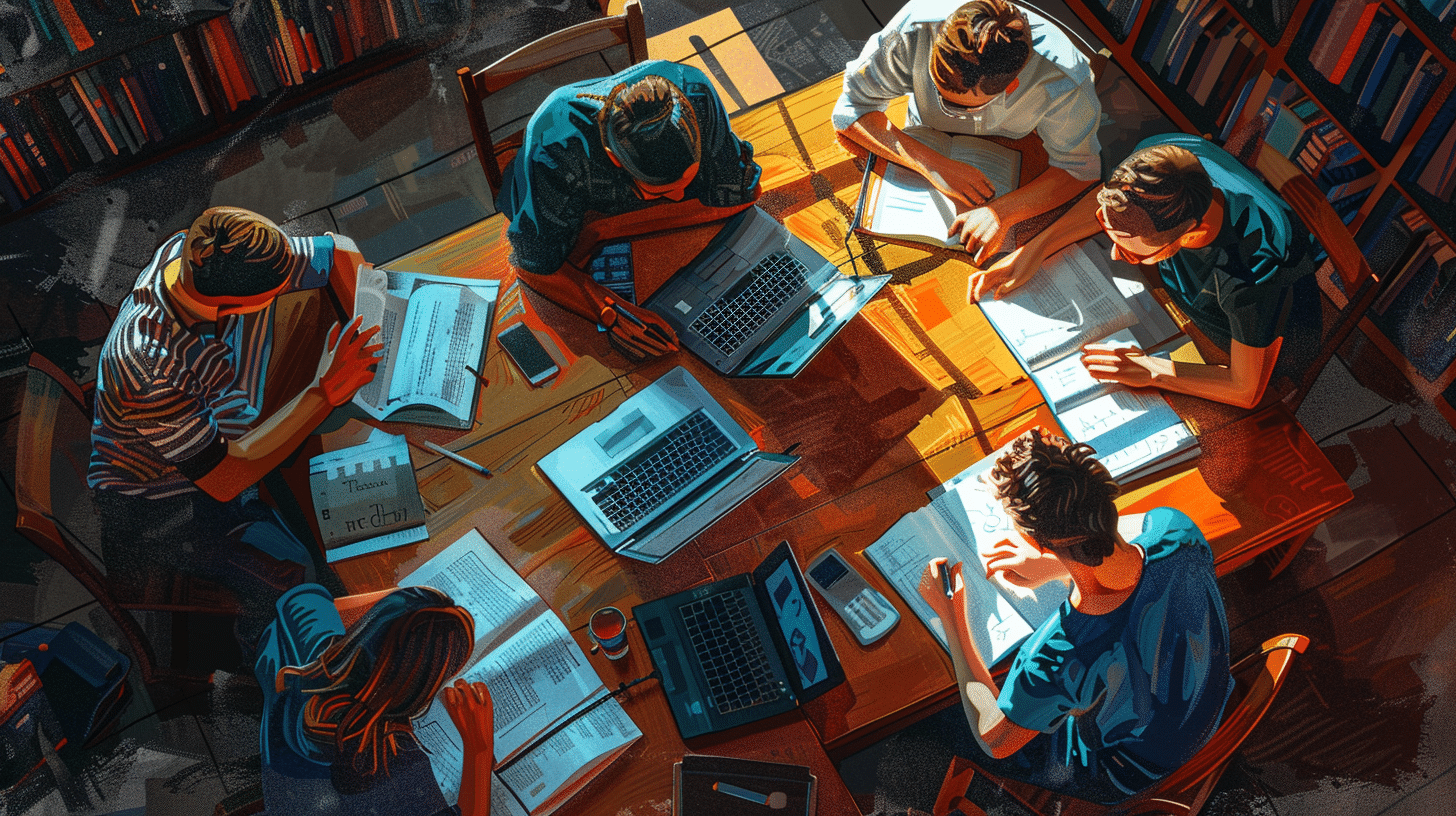Pick a language and start learning!
Formation of adjectives from nouns Grammar Exercises for Ukrainian Language

In the Ukrainian language, the transformation of nouns into adjectives is a fundamental aspect that enriches both written and spoken communication. By understanding this process, learners can enhance their descriptive capabilities, allowing them to convey more nuanced meanings and details. The formation of adjectives from nouns involves specific morphological rules and patterns that, once mastered, can significantly expand your vocabulary and improve your fluency.
Adjectives derived from nouns often carry a wealth of contextual information, providing insights into characteristics, qualities, and relationships. For instance, the noun "мир" (peace) can transform into the adjective "мирний" (peaceful), while "краса" (beauty) becomes "красивий" (beautiful). By engaging in exercises focused on this transformation, you will not only learn to identify these patterns but also become adept at using them in various contexts. Whether you are a beginner or an advanced learner, mastering the formation of adjectives from nouns is a crucial step towards achieving proficiency in Ukrainian.
Exercise 1
<p>1. Він купив нову *машину* (noun for a vehicle).</p>
<p>2. Вона носить *красиву* сукню (adjective for 'beautiful').</p>
<p>3. Ми живемо в *великому* будинку (adjective for 'big').</p>
<p>4. Це її *улюблена* книга (adjective for 'favorite').</p>
<p>5. Я п'ю *гарячий* чай (adjective for 'hot').</p>
<p>6. Він працює в *відомій* компанії (adjective for 'famous').</p>
<p>7. Вона знайшла *цікавий* фільм (adjective for 'interesting').</p>
<p>8. Ми відвідали *старовинне* місто (adjective for 'ancient').</p>
<p>9. Це дуже *дорога* річ (adjective for 'expensive').</p>
<p>10. Я люблю *свіжий* хліб (adjective for 'fresh').</p>
Exercise 2
<p>1. Він любить читати *наукові* книги (adjective from "наука").</p>
<p>2. Це дуже *зручне* крісло (adjective from "зручність").</p>
<p>3. Вона купила *дерев'яний* стіл (adjective from "дерево").</p>
<p>4. Мій брат отримав *спортивну* медаль (adjective from "спорт").</p>
<p>5. У неї дуже *веселий* сміх (adjective from "веселощі").</p>
<p>6. Ми пішли до *лісового* озера (adjective from "ліс").</p>
<p>7. Він завжди носить *шовкову* краватку (adjective from "шовк").</p>
<p>8. Це була *казкова* історія (adjective from "казка").</p>
<p>9. Вони побудували *модерний* будинок (adjective from "модернізм").</p>
<p>10. Вона готує *фруктовий* торт (adjective from "фрукти").</p>
Exercise 3
<p>1. Вона купила *книжкову* полицю (adjective derived from "книга").</p>
<p>2. Це був дуже *важливий* день для нас (adjective derived from "важливість").</p>
<p>3. Він мріє про *морську* подорож (adjective derived from "море").</p>
<p>4. Це *зимове* свято одне з найулюбленіших (adjective derived from "зима").</p>
<p>5. Ми відвідали *сільську* місцевість на вихідних (adjective derived from "село").</p>
<p>6. Ця квітка має *лісовий* аромат (adjective derived from "ліс").</p>
<p>7. У них дуже *гарна* хата (adjective derived from "краса").</p>
<p>8. Вона прочитала *цікаву* книгу (adjective derived from "цікавість").</p>
<p>9. Це дуже *важке* завдання (adjective derived from "вага").</p>
<p>10. Ми зустріли *міського* голову на вулиці (adjective derived from "місто").</p>






